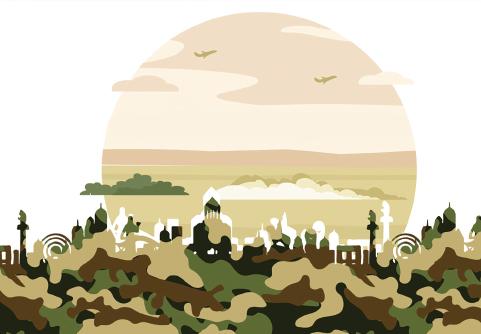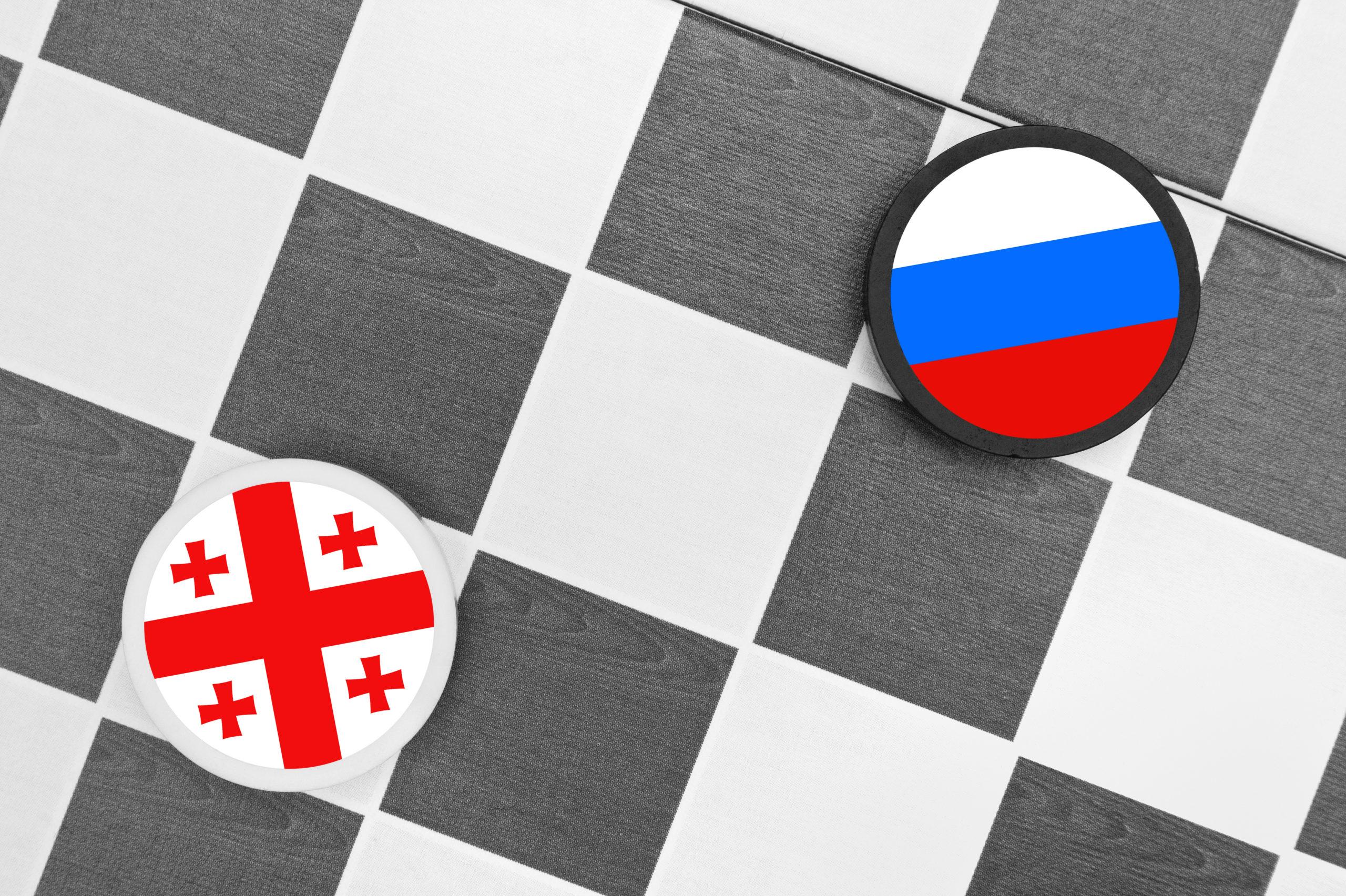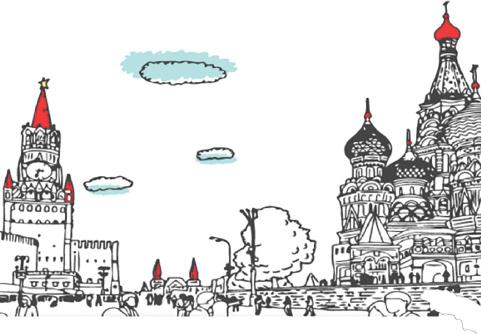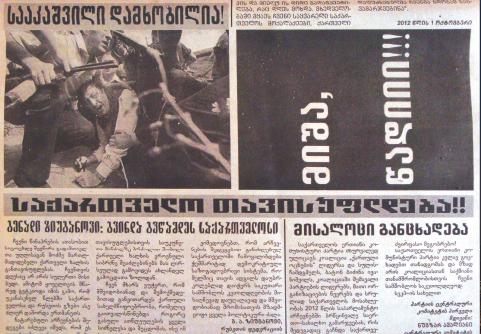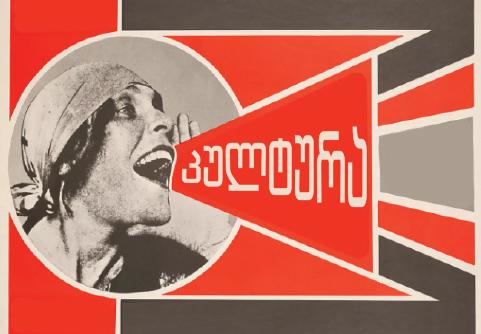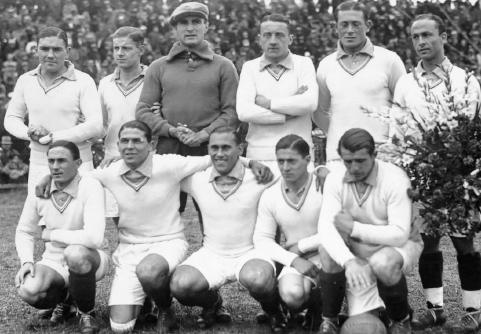Author : Gia Japaridze
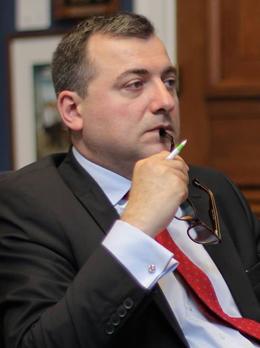
Seven months later, following yet another military aggression by the Russian Federation against Ukraine, President Putin announced a “partial military mobilization” across the country. This should already be irrefutable evidence that Moscow is not able to win this war and that the goals announced before the so-called special operation remain unfulfilled. “President Putin’s call to partially mobilize Russian citizens, directing them to fight in Ukraine, reflects the Kremlin’s struggles on the battlefield, the unpopularity of the war, and Russians’ unwillingness to fight in it. President Putin is not operating from a position of strength; rather, this is another sign of his failing mission.” This is the statement of the US Secretary of State, Tony Blinken on September 21, and he is most likely not wrong this time either.
“Partial military mobilization” is a phrase used to mislead the Russian public and the world community, in fact Russia has declared a full military mobilization, but Putin cannot openly say so at this stage. A full mobilization implies Russia’s participation in a war, and Putin refers to the military invasion of Ukraine as a “special military operation”, trying to not place himself outside the framework of international law. War and any aggression are unacceptable under the UN Charter, and what is happening now in Ukraine is a war. Ukraine did not attack Russia, Russia launched a full-scale attack on Ukraine. Putin's interpretation of the war, namely that Russia is conducting a special military operation to protect itself and the Russian-speaking population, is an attempt by Putin to present Russia as a defender of international legal norms rather than a flagrant violator. It must be said, however, that over the last 30 years Russia has successfully managed to do this while the international community turned a blind eye to Moscow's trampling of the basic principles of the UN Charter. It is enough to recall Georgia or even Ukraine as examples.
And yet, why would Putin need to declare a mobilization? Is he losing the war or not? What were his goals and expectations before the war? If he is losing this war, then why? To answer all these questions, we have to go back to the period before the full-scale military aggression began (i.e., February 24, otherwise the war in Ukraine has been going on since 2014). Even if we set aside the numerous attempts to revise history over the years, there were several occasions in 2020 (such as the informal CIS summit in December) when Putin openly questioned not only the post-war reality, but even the right to exist of neighboring states (for example, he openly stated that Georgia and Ukraine were created in Russia's fold, and gave a completely distorted interpretation of these states' histories). In December 2021, Putin delivered an ultimatum to the US and NATO, demanding written guarantees of Russia's security, an end to the further expansion of NATO eastwards, a document confirming Ukraine's refusal to join NATO, and the return of NATO troops and equipment to 1997 positions, which meant the withdrawal of NATO weapons and military units from Central and Eastern Europe as well as from the Balkans and the Baltics. Putin also created an imitation of a willingness for negotiations, but NATO and the US rejected his ultimatum about returning to nineteenth-century realities composed of spheres of influence and zones of existence. Putin, isolated in a bunker during the Covid pandemic, has apparently lost his touch with reality. Added to this, the age and constant dependence on medication have turned the Russian president into an irrational leader.
Putin has been preparing an ideological basis for the conquest of Ukraine for years, as well as preparing for it military-wise, too. At the beginning of 2022, he apparently decided that it was time for Russia, both in terms of public opinion and military readiness, to take the next step.
This was followed by a long pre-war speech by the head of the Russian Federation on the Soviet Army Day where, for the first time since the Second World War, a head of state, moreover, of a nuclear state, openly threatened neighboring state/s with their disappearance from the world map and expressed his desire to restore the situation of 1917 by forceful methods. Still using his own version of history and the existence of a fictitious threat to Russia, again with the intention of deceiving the world community, he voiced the start not of a war but of a special military operation.
Putin's appetite grew, he named the goal of the brutal military operation as:
1) denazification – a neologism that, with allusions to Nazi Germany, meant the overthrow and trial on charges of Nazism and oppression of Russians of the Ukrainian government, which came to power through democratic elections after the 2014 Maidan revolution;
2) Complete demilitarization of Ukraine;
3) Military neutrality of Ukraine.
The goal of a full-scale attack on Ukraine from all directions was to take Kyiv and establish a puppet government. Apparently, based on faulty intelligence information or his own beliefs, Putin hoped that the Ukrainian Armed Forces would offer no resistance, that President Zelensky's administration would be overthrown, that Ukrainian fighters, especially the so-called Russian-speaking segment, would greet the Russian army with flowers, the West would be unable to consolidate while the existing cracks in NATO and the EU would not be smoothed, the disagreements between the US and Europe would not be resolved, and he could easily wring the neck of a disengaged West.
Putin got the opposite: Ukraine's armed forces and population have become more united than ever and now he is facing a war with an army of 40 million people. Ukraine also seems to have regained its identity, the population greeted aggressors not with flowers but with Molotov cocktails, Zelensky's government has not been overthrown but has consolidated all Ukrainian political parties around itself, and the West has become not fragmented but more united, determined and adamant than ever since the Cold War. Ukraine has defeated Russia on all fronts, has won on the battlefield thanks to the legendary dedication of the Ukrainian warriors, has won the diplomatic war thanks to the textbook maneuvers of President Zelensky and Minister Kuleba, has won the information war where the seemingly invincible Russian propaganda was simply crushed. Of course, the mastermind of all these victories, along with Ukraine, was the West, thanks to the unwavering leadership of President Biden and the jewel-like diplomacy of Tony Blinken, as well as the sometimes belated but still vital efforts of the European politicians.
Instead of the declared objectives, after seven months of war Putin got a:
1) strengthened NATO at Russia’s borders, expanded to include Sweden and Finland, and increased defense budgets of member states;
2) fully militarized Ukraine, equipped with the latest Western weapons and combat vehicles destroying Russian arms and army;
3) consolidated West that wants not just the defeat of Russia, but the change of Putin’s regime;
4) Russia, with its reputation shattered by economic sanctions and international isolation, whose president is treated with contempt not only by regional leaders but also by the rulers of the Central Asia republics, whom Putin has hitherto considered to be his clients.
Putin has taken over a weakened empire, leaving it even more weakened – an international leper with a large nuclear arsenal.
This series of shameful defeats, the physical destruction of a large part of the armed forces and its moral degradation has led the President of the Russian Federation to commit yet another mistake by announcing the so-called partial military mobilization. Putin's goal is easy to decipher, apart from the fact that the Russian Armed Forces are badly in a need of manpower on the entire front line. The Russian dictator wants to hold a referendum on joining Russia in the pseudo-states he has recognized on the territory of Ukraine, still occupied by Russia, and then, in order to protect Russian territory, to involve the entire country in an already officially declared "Patriotic" war. After achieving this goal, he is likely to be driven by the more far-reaching goal of sitting down with the West after annexing the Donetsk, Luhansk and Kherson regions and negotiating the division of Ukraine. It is highly likely, as the bookmakers say, that this ticket will also be a flop for Putin, this time the reason being his own citizens, who have imperialist “Velikoderzhavni” feelings running through their heads, but only at the expense of the lives of others. Neither the West nor Ukraine is going to fall for another blackmail of Putin; all wars end in negotiations and a truce, but the end of the war in Ukraine is yet to be seen, and the terms of negotiations and agreements after the war will be dictated by Kyiv to Moscow and not vice versa.

